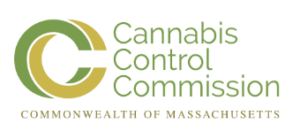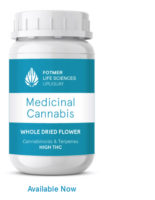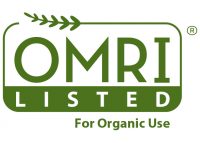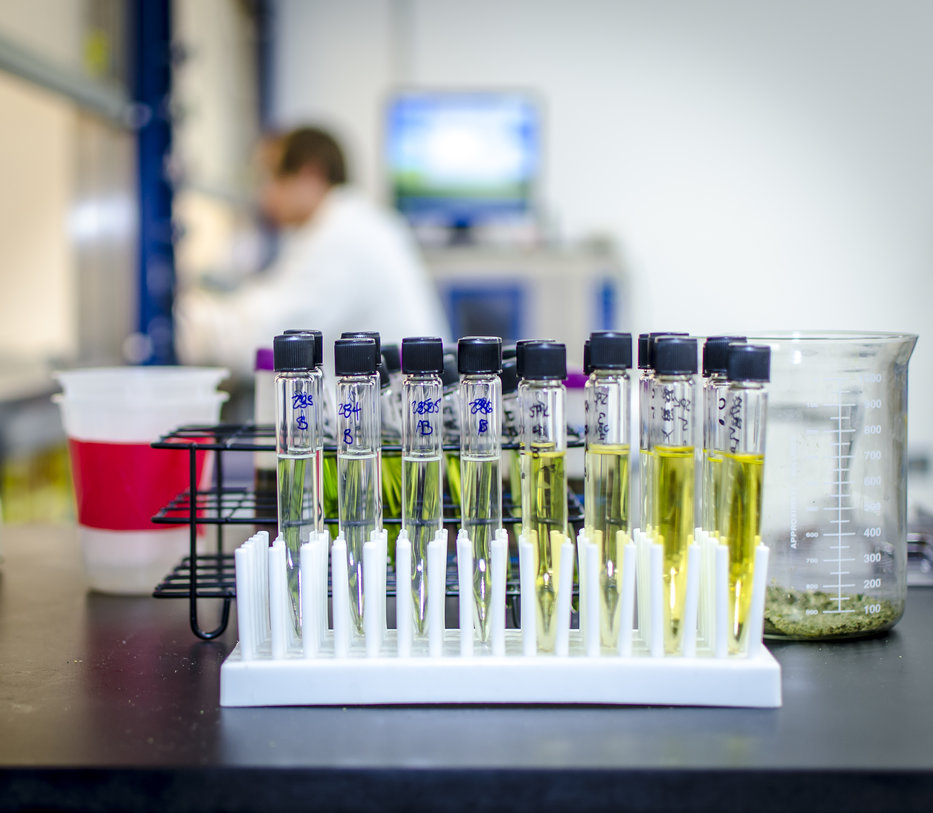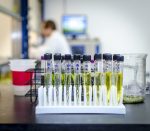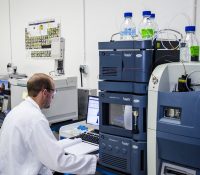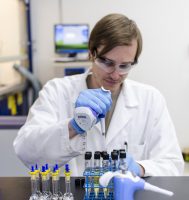There is a strange, if yet so far undetected, regulatory hum in the air right now in Europe that will begin to increasingly occupy those who are in the certified industry here or looking to get in.
And no, it’s not imminent “recreational,” although it will also have vast impact on the same.
A little understood regulatory structure (so far at least within the cannabis industry) called EU-BIO is now firmly in the room.
What that is and how it will impact the industry is already starting to show up in a few places (see the new announcement by the Swiss that their recreational trial will be organic). This is of course before any dates have even been decided upon for said trial (although others have been set up in the country for about a year).
Beyond this, there are vast implications for every part of the industry, THC or CBD, medical or “lifestyle” focused.
What is EU BIO?
All food in the European Union is regulated on a “federal” level much like in the United States. The difference in Europe however, is that every European “state” or country (like Germany, Spain or Holland) also then has their own regulatory structure which is also equal to the federal standards of the U.S. – including via treaty on both the pharmaceutical and “consumer” side. In general, as a result, regulations, including in all things cannabis space related, are much stricter in Europe.
What this also means, generally, is that all food, cosmetic and human-use lebensmittel (to use the German word for everyday consumer goods like food, cosmetics and lifestyle products) must pass through regulatory agencies that are very much like the USDA and FDA in every country and on a regional European level before being approved on a national sovereign one. Where those are, and who handles what, however, is a patchwork of agencies across the continent. There is no homogenization, in other words, for an organic producer looking for the right agency to get certification from in Germany and Austria.

The distinctive green logo that is omnipresent in particularly German grocery stores also comes with a few high standards of its own. Namely that the logo must appear on all pre-packaged EU food products claiming to be organic within the EU and all member states as well as all imports. Even more importantly, the logo cannot be placed on “transition” projects – namely those which are hoping to fulfil the regulatory standards but are not there yet.
To complicate matters even further, of course all product that ends up as EU GMP must begin life as an organic product. Forget pesticides – radiated product is a hot topic right now as well as its certification in the German medical market.
And that also means, by definition, that all cannabis production in Europe as well as products hoping to be sold via relatively normal channels, must also meet these certifications.
The only other option of course, is what is called “Novel Food.” And even here, thanks to changes in EU BIO on the table for the next couple of years, those who hope to gain access via this kind of labelling, still need to pay attention to organic production. No matter where you are. Or what you want to sell.
Are All “Organics” Made Equal?
Just as in the medical industry and GMP, the strictures of “certified organic” are supposed to be fairly straightforward, but are interpreted by different countries and regions.

Generally speaking, however, national or even regional “organics” are not exactly the same. For example, Canadian “organic” is not the same as EU-BIO, starting with the fact that the plants in question are not necessarily of European origin (see the same logic here as behind Novel Food). In other words, there is no automatic equality, starting with the source of the seed. But there are also other issues in the room including processing.
That said, being organic is going to be the watchword of the industry. And in this, a bit surprisingly, the US will also have a lasting impact. Why? Because many countries want to export to the US (far from cannabis) and are required to adopt similar agricultural standards (see Latin America for starters).
Bottom line: it is better to be “green”, through and through, no matter where you are, or where you are from, in the global industry going forward. By the end of 2021, certified organic supply, at every level of the industry, won’t be a “choice” anymore.






